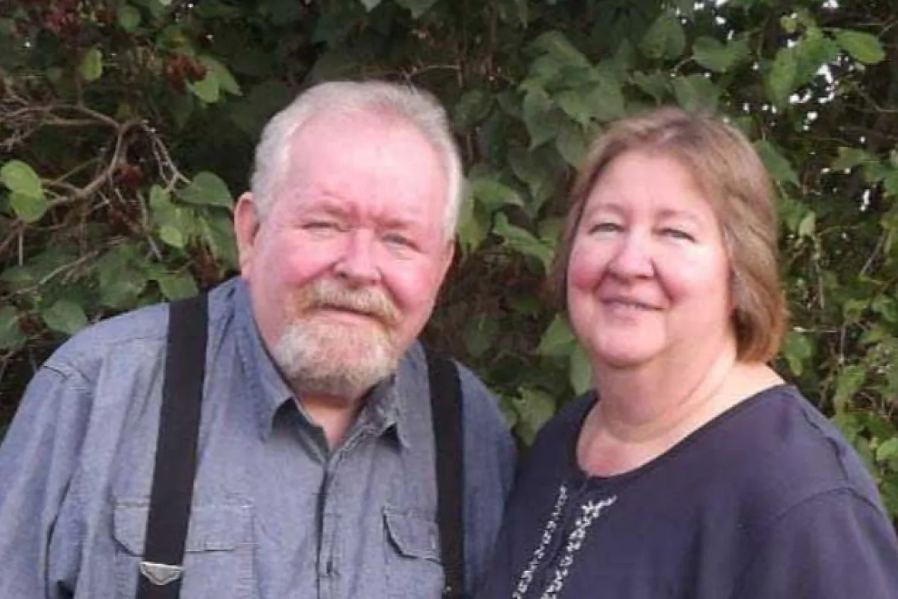
Hospital Backlog in Canada - Can We Ever Catch Up?
As most hospitals in Canada operate at a fraction of capacity as a result of the cancellation of all non urgent procedures due to COVID-19, it begs the question, how do we fix it, and what are the consequences to Canadians, on system that is over taxed and under funded at the best of times? We all know that NS certainly fares worse than the Canadian average from a healthcare perspective, with extremely long wait times. How do we cope and what will the outcomes be as we move forward?
CBC recently reported that there is currently a backlog of nearly 100K surgeries including up to 20K cardiac procedures that were delayed as a result of COVID-19, and according to Ontario's Ministry of Health, cancer surgeries were down by about 40 per cent between March 15 and April 12 compared to the same period last year. And let's be honest, this is surgeries alone. What about MRI, CT Scans and other diagnostic procedures that have significant wait times already? A close family member of mine just last week had an important CT Scan postponed. It's one they have to get every 3 months to track a "spot" on their lungs. Postponing that and not catching it's potential growth could have irreversible devastating consequences.
Pre-COVID-19, the Fraser Institute reports some alarming stats about the Canadian healthcare system. For example, while Canada reports an age-adjusted ratio of 2.0 acute-care beds per thousand people, South Korea has four times as many beds available for its residents (8.1), while Japan (5.8) and Germany (5.5) have almost three times as many.
Most other universal health-care systems also have more physicians per capita. In fact, with only 2.8 physicians per thousand population, Canada ranks 26th out of 28—far behind countries such as Austria, which reports the largest relative availability of physicians per thousand population (5.1).
18% of Canadians wait more than 4 months for elective surgery in 2016 compared to Australia (8%), Switzerland (6%) and Germany (0%). So even if we assume that these countries experience, say, a doubling of this percentage, patients in these other countries will generally still be facing shorter wait times in the post-COVID world than Canadians reported in 2016.
Not only do we need to establish the daunting task of figuring all this out in the coming weeks and months, what about the impact these delays are having on people? Citing a University Health Network report, Ontario's health minister Christine Elliott said that 35 cardiac care patients may have died after heart surgeries were cancelled to free up beds for an anticipated surge in COVID-19 patients.
These measures and cancellations have been justified based on models and worst case scenarios that never came close to materializing in Canada. As a result, hospitals are operating at far less than capacity, in many cases not even at 50%. In NS, I can only conclude the situation must be even more dire given the condition of our healthcare system when operating at 100% capacity. How many people will die as a result of cancelled procedures or being too scared to seek help until it's too late? This all in the name of ensuring the ghost of COVID-19 doesn't overwhelm hospitals, something that hasn't happened in most places on Earth, aside from a select few isolated hot beds like NYC and Northern Italy.
What's the plan to ensure this doesn't happen? Is preventing a COVID-19 death that would only happen if cases exploded and filled the hospitals more important that preventing a highly preventable death of a cardiac patient? In NS, we have 122 ICU beds and currently 3 of them are occupied by COVID-19 patients, and it's never been more than 4.
I guess we'll find out what the plan is with each passing day, and with each condolence message given for the deaths of those being left behind.
